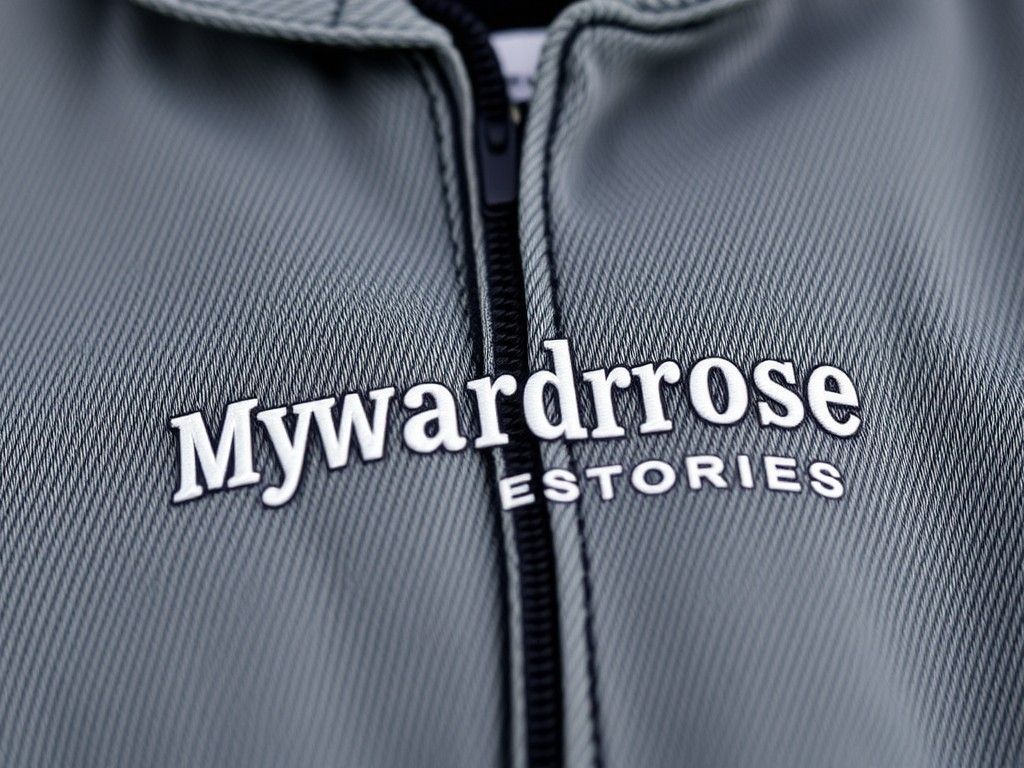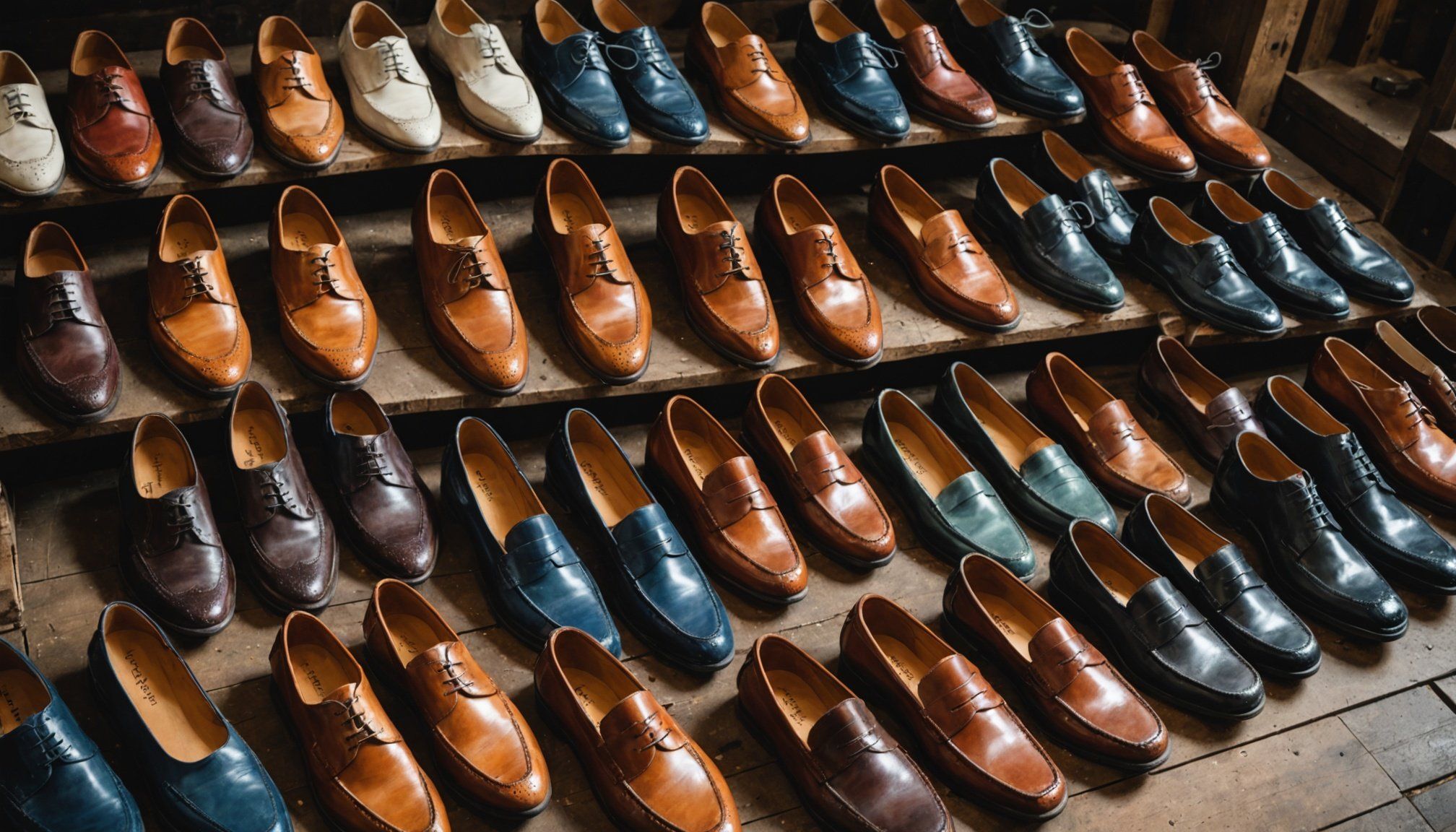Introduction to Ethical Artisan Footwear
In recent years, ethical artisan footwear has emerged as a significant player within the broader sustainable fashion movement. But what exactly defines this niche market? At its core, ethical artisan footwear combines craftsmanship with a strong commitment to ethical practices throughout the supply chain, ensuring that every step, from design to production, aligns with principles of sustainability and responsible sourcing.
Sustainability is more than just a buzzword in the fashion industry; it’s a driving force that reshapes how products are made and consumed. In the context of footwear, sustainability involves the use of eco-friendly materials, reduction of carbon footprints, and ensuring fair labor practices. As awareness grows, consumers are increasingly seeking products that not only please aesthetically but also reflect their values.
Topic to read : Step in style: your ultimate guide to comfortable shoes for london museum adventures
In the UK, the footwear industry’s trends reveal a shift towards these sustainable practices. Traditional methods merge with modern design, emphasizing quality over quantity and placing UK artisans at the forefront. The result is a market ripe with opportunities for ethical growth. As consumers prioritise environmental impact and social responsibility in their buying decisions, the UK footwear industry adapts, embracing this transformative ethical wave.
Key Criteria for Ethical Footwear Selection
Choosing ethical artisan footwear begins with a focus on sustainable materials. These materials should be eco-friendly, often involving organic cotton, recycled plastics, or plant-based leathers. The key is ensuring that these resources are derived through means that do not harm the environment. For instance, opting for leather alternatives can significantly reduce carbon emissions, aligning with sustainable fashion goals.
This might interest you : Explore Revolutionary Vegan, Cruelty-Free Fabrics Shaping UK Fashion Trends
Another critical aspect is responsible sourcing. This means having a transparent supply chain where materials are procured from suppliers who adhere to ethical standards. It involves verifying that suppliers engage in fair trade practices, pay fair wages, and maintain humane working conditions. Consumers are encouraged to look for brands that disclose their sourcing practices openly, reflecting their commitment to ethical production.
Evaluating the environmental impact is also paramount. Understanding the lifecycle of materials, from extraction to disposal, allows buyers to assess their overall ecological footprint. Brands often provide information on their websites, offering a way for consumers to verify claims of sustainability. By taking these steps, individuals can confidently select footwear that resonates with their values, effectively contributing to a responsible fashion industry and supporting the ethical movement.
Production Processes in Ethical Footwear
In the realm of footwear production processes, the emphasis on ethical labor practices is paramount. Ethical labor practices ensure fair working conditions and wages, promoting human rights throughout the supply chain. In scenarios where these practices are implemented, workers are treated with dignity and respect, fostering an environment of safety and equity. Beyond merely meeting legal requirements, brands are encouraged to adopt standards that surpass conventional regulations.
Artisan craftsmanship plays a crucial role in sustainability within the footwear industry. Artisans bring skill and precision to the production process, crafting products that stand the test of time. This craftsmanship not only enhances the longevity of footwear but also reduces the need for frequent replacements, which aligns with sustainability principles. Supporting artisans also aids in preserving traditional skills and practices, contributing to cultural heritage.
Moreover, safe working conditions are indispensable in ethical footwear production. Ensuring that workplaces are hazard-free, with access to necessary safety equipment, is fundamental. This commitment extends to health benefits and job security, creating a supportive environment essential for productivity and well-being. Brands investing in these areas gain consumer trust and loyalty, reflecting their dedication to responsible business practices.
Brand Values and Certifications
Identifying brands that prioritize ethics in the UK footwear industry is crucial for consumers committed to sustainable fashion. Brands championing ethical artisan footwear typically uphold values focusing on environmental sustainability, social responsibility, and transparent business practices.
Key footwear certifications serve as reliable indicators of a brand’s commitment to ethical standards. Certifications such as the Ethical Trading Initiative (ETI) or Global Organic Textile Standard (GOTS) validate that a company aligns with fair labor practices and sustainable material use. When selecting footwear, consumers should look for these certifications to ensure their choices reflect ethical values.
The role of transparency greatly influences brand reputation. Transparency involves openly communicating sourcing and production processes, thereby building consumer trust. Brands embracing transparency provide detailed information about their supply chains and engagement in fair trade, which resonates with consumers who demand accountability in their purchasing decisions.
A commitment to transparency enhances a brand’s image, reflecting dedication not only to product quality but also to a broader ethical mission. Consumers are increasingly cognizant, favouring brands demonstrating accountability and ethical integrity, reinforcing their significance in the modern marketplace. Thus, exploring brand values and certifications becomes integral when navigating the ethical artisan footwear landscape.
Comparing Different Artisan Brands
Exploring the world of ethical fashion brands can be as enriching as donning their creations. These artisan brands comparison gives consumers remarkable insights valuable for sustainable choices.
Overview of Leading Ethical Footwear Brands
Within the UK, several leading UK artisans emerge as exemplars of the ethical fashion movement. Brands like Veja and Nisolo lead the charge with innovative design and commitment to transparency. Their dedication to ethical practices makes them standout choices for those who champion sustainability.
Case Studies of Successful Brands
Analysing the success stories behind brands like TOMS highlights their unique approaches. TOMS’ “One for One” model has set a precedent in merging business goals with social responsibility. This model exemplifies how incorporating community-centric practices can lead to success.
Key Differentiators Among Brands
When exploring ethical brands, creatively unique approaches and dedication to sustainability become key differentiators. For instance:
- Veja uniquely sources wild rubber from the Amazon, promoting environmental conservation.
- Nisolo ensures fair wages and beyond-compliance working conditions, reflecting their ethical labor focus.
By understanding these unique selling propositions and consistent community engagement, consumers can make informed, ethical choices that align with their values and support the UK artisans driving this transformative industry.
Tips for Identifying Trustworthy Brands
In a landscape brimming with choices, identifying trustworthy footwear brands becomes paramount for ethically-conscious consumers. The initial step is researching brand backgrounds and values. Investigate the mission statements and see if they genuinely commit to ethical practices. Brands that transparently share their sourcing, production details, and labor practices are often genuine in their ethical claims.
Understanding consumer reviews and testimonials is another critical aspect. Consumers’ firsthand experiences offer invaluable insights into a brand’s dedication to ethical principles. Look for feedback relating to quality, ethical standards, and transparency. Such reviews often highlight whether a brand practices what it preaches.
Utilizing social media for brand scrutiny can also prove invaluable. Platforms like Instagram and Twitter have become key tools for consumers to express satisfaction or displeasure regarding brand ethics. Engaging with a brand’s social media presence can provide direct observations of their transparency and interaction with the community. Analyze how they address consumer concerns and whether they provide detailed answers about their supply chain and sustainability initiatives.
By exploring these paths, consumers gain a coherent understanding of a brand’s authenticity. This empowers them to make informed decisions that align with their values, supporting the broader ethical movement in fashion.
Insights on the Ethical Fashion Movement in the UK
The ethical fashion movement in the UK represents a commitment towards enhancing social responsibility in the footwear industry. This shift acknowledges the growing consumer demand for products that align with ethical values, transforming traditional fashion paradigms. At the heart of this movement, consumers are influencing trends, demanding transparency and accountability from brands.
The impact of informed consumer choices cannot be overstated—by choosing ethical artisan footwear, individuals contribute to environmental conservation and promote fair labor practices. This growing awareness is driving the UK footwear industry towards more sustainable, ethical practices. Shoppers are opting for products that are not only stylish but also reflect their civic consciousness.
As we look to the future, trends in ethical artisan footwear are expected to evolve, further embedding sustainability within the UK fashion industry. Brands committed to ethical practices will continue to gain prominence, likely becoming the norm rather than the exception. Embracing innovative materials and production techniques, these brands are poised to lead the charge, setting new standards for what consumers expect in terms of ethical fashion. This evolution promises a more sustainable future for both fashion enthusiasts and the industry alike, propelling the ethical movement into mainstream acceptance.
Visuals and Examples for Decision-Making
In the dynamic world of ethical artisan footwear, visuals play a pivotal role in showcasing product quality and aesthetics. They allow consumers to assess not just the superficial attractiveness but the deeper craftsmanship and sustainable attributes of the footwear. Such visuals often highlight the intricate details of craftsmanship, exemplifying how materials like bamboo, recycled plastics, and organic cottons are beautifully integrated into stylish designs.
Providing ethical product examples can significantly influence consumer decision-making. For instance, a visual comparison between conventional and ethically produced footwear can illustrate the tangible benefits of sustainable practices. This comparison helps reveal unique qualities such as the use of eco-friendly dyes or innovative material blends that align with ethical standards.
To further aid consumer decisions, style guides offer invaluable insights. They help navigate the myriad of ethical footwear styles, guiding buyers toward choices that fit their personal taste while upholding their values. By emphasizing on different styles—from casual wear to formal occasions—these guides empower consumers with the knowledge to make informed purchases.
Ultimately, integrating engaging visuals and comprehensive examples in the decision-making process not only enhances consumer awareness but also strengthens their connection to the ethical movement.








